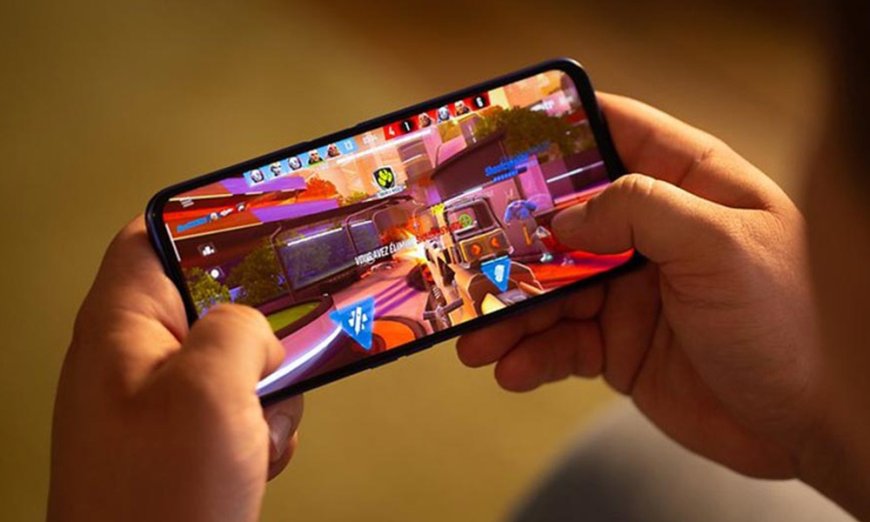Online Gaming: Smartphone Turns Dangerous
Children and Teenagers Addicted to Gaming and Engaged in Cybercrime

The rapid expansion of internet access and smartphones in Bangladesh has created a new digital world for children and teenagers. But this world is not always safe. Beyond education, many adolescents are increasingly drawn into gaming, social media, and online entertainment. Worryingly, trends show growing involvement in cybercrime, while excessive gaming addiction is also fueling mental health problems.
Experts note that a large share of children and teens aged 8 to 18 spend several hours daily immersed in games like Roblox, Minecraft, Fortnite, or Kogama—mostly via smartphones. But these games are not just about fun; they expose young users to obscene content, cyberbullying, and even traps set by criminal groups.
Global research shows that in 2024, Roblox had an average of 85 million daily players, with nearly 40 percent under 13. In Bangladesh, the number of young users of such platforms is steadily rising. Psychologists warn that child safety concerns on these platforms are becoming increasingly serious.
“Once a child or teenager becomes addicted to online games, it is extremely difficult to pull them out,” said Professor Md. Mahbubur Rahman, a child psychiatrist in Dhaka. “Their sleep, studies, social interactions, and mental development are all severely affected.”
According to international statistics, 8.5 percent of gamers aged 8 to 18 suffer from gaming disorder. In Bangladesh, recent years have seen children developing sleep problems, sudden anger, social isolation, and even suicidal tendencies—driven largely by smartphone and gaming addiction.
Take Rakib (pseudonym), an eighth-grader in Chattogram. He played Roblox through the night. One day, while in the game, he was added to a group that displayed obscene content. Soon, he was threatened with blackmail if he did not comply. Terrified, he lost focus on his studies. Many teenagers, without their families’ knowledge, are falling into such distressing situations.
Chattogram’s case is only one example. What starts as gaming addiction often spirals into unsafe online interactions on platforms like Facebook, and eventually into phishing or hacking activities. This downward slide has become an alarming reality for many Bangladeshi teens.
Psychiatrists say that teenagers aged 12 to 18 are increasingly hooked on games like Free Fire, PUBG, and Call of Duty. Under the guise of “virtual friendships,” they often connect with strangers—some linked to criminal groups.
Through gaming or social media communities, adolescents are being drawn into pornography, violence, gambling, and betting. Some criminal networks are even training children in phishing, hacking, credit card fraud, and online scams. Experts caution that late-night gaming is damaging academic performance, while the lure of money is driving some teenagers toward cybercrime.
Law enforcement agencies point out that Bangladesh has the Digital Security Act and cyber tribunals to address such crimes. But when minors are involved, the situation becomes far more complicated for families and society. Legal experts stress that juvenile offenders must face not only punishment but also rehabilitation.
Fayez Ahmed Tayeb, Special Assistant to the Chief Adviser (Ministry of Posts, Telecommunications and Information Technology), told Bangladesh Pratidin: “There was a discussion about banning games like PUBG. We said unless PUBG ensures that under-18 players cannot access the game, it will not be allowed. This must be controlled through Google or Apple’s parental systems. Legislation alone cannot solve the problem. If parents are not vigilant, nothing else can control it.”
What's Your Reaction?





















































































